Tadić with German business delegation
President Boris Tadić said in talks with a delegation of German businesspeople that Serbia is interested in strengthening economic ties with Germany.
Tuesday, 26.01.2010.
11:59

President Boris Tadic said in talks with a delegation of German businesspeople that Serbia is interested in strengthening economic ties with Germany. According to a statement from the president’s press service, the delegation informed Tadic that German companies were showing great interest in establishing its presence in the Southeast European market, especially in Serbia. Tadic with German business delegation Tadic reminded the delegation that Germany is in second place when it comes to Serbia’s exports, and in fourth place with the number of direct investments made in Serbia. He said that he hopes that numerous talks between officials of the German delegation and Serbian businesspeople and officials will lead to greater investments of German companies. Officials of the German business association Eastern Committee, which includes some of the biggest German companies in the fields of energy, chemicals, industry, finances, software production, telecommunications, aeronautics, automobile industry, construction, trade and elections, will continue meetings on Tuesday with Serbian officials. On Monday in Belgrade, Chairman of Germany’s Eastern Committee Klaus Mangold said that German business community was interested in investing in Serbia even more, which they see as the market of the future. "Serbia is very competitive at the international level," he told reporters after a meeting with Serbian Prime Minister Mirko Cvetkovic and his ministers. In his words, the interest of German investors in this region is oriented primarily toward Serbia, but also toward the neighboring countries. He said that German industry saw great potential for investing in Serbia in the fields of agriculture, the food industry, energy and telecommunications. Mangold also assessed that the producers of parts for the automobile industry in Serbia could count on growth, considering the several free trade agreements that have been signed, such as those with Russia and Turkey. He announced that a seminar will be held in Germany in the second half of 2010, at which German investors will be informed about possibilities for investing in Serbia. Cvetkovic said that the meeting with the German delegation was plenary in nature and that there has been no discussion of concrete projects. According to the prime minister, the association Eastern Committee gathers businesspeople whose total annual turnover is EUR 300bn. According to announcements from the Serbian government, the German delegation includes the representatives of Volkswagen, the RWE energy company, the Deutsche Telecom, Siemens, Deutsche Bank, BASF and Air Berlin. Mangold also visited the Dr. Zoran Djindjic Fund and had talks with its chairwoman, Ruzica Djindjic. After this meeting, Mangold held a lecture at the Fund and talked with grantees of the Fund about the significance of German-Serbian relations and about his view of the development of Serbia on the road of EU integration, it was said in the Fund's statement. The German delegation also met with the Serbian deputy prime minister in charge of European integration, Bozidar Djelic, and Minister for the Economy Mladjan Dinkic. Tadic meets with the German delegation (Tanjug)
Tadić with German business delegation
Tadić reminded the delegation that Germany is in second place when it comes to Serbia’s exports, and in fourth place with the number of direct investments made in Serbia.He said that he hopes that numerous talks between officials of the German delegation and Serbian businesspeople and officials will lead to greater investments of German companies.
Officials of the German business association Eastern Committee, which includes some of the biggest German companies in the fields of energy, chemicals, industry, finances, software production, telecommunications, aeronautics, automobile industry, construction, trade and elections, will continue meetings on Tuesday with Serbian officials.
On Monday in Belgrade, Chairman of Germany’s Eastern Committee Klaus Mangold said that German business community was interested in investing in Serbia even more, which they see as the market of the future.
"Serbia is very competitive at the international level," he told reporters after a meeting with Serbian Prime Minister Mirko Cvetković and his ministers.
In his words, the interest of German investors in this region is oriented primarily toward Serbia, but also toward the neighboring countries.
He said that German industry saw great potential for investing in Serbia in the fields of agriculture, the food industry, energy and telecommunications.
Mangold also assessed that the producers of parts for the automobile industry in Serbia could count on growth, considering the several free trade agreements that have been signed, such as those with Russia and Turkey.
He announced that a seminar will be held in Germany in the second half of 2010, at which German investors will be informed about possibilities for investing in Serbia.
Cvetković said that the meeting with the German delegation was plenary in nature and that there has been no discussion of concrete projects.
According to the prime minister, the association Eastern Committee gathers businesspeople whose total annual turnover is EUR 300bn.
According to announcements from the Serbian government, the German delegation includes the representatives of Volkswagen, the RWE energy company, the Deutsche Telecom, Siemens, Deutsche Bank, BASF and Air Berlin.
Mangold also visited the Dr. Zoran Đinđić Fund and had talks with its chairwoman, Ružica Đinđić. After this meeting, Mangold held a lecture at the Fund and talked with grantees of the Fund about the significance of German-Serbian relations and about his view of the development of Serbia on the road of EU integration, it was said in the Fund's statement.
The German delegation also met with the Serbian deputy prime minister in charge of European integration, Božidar Đelić, and Minister for the Economy Mlađan Dinkić.










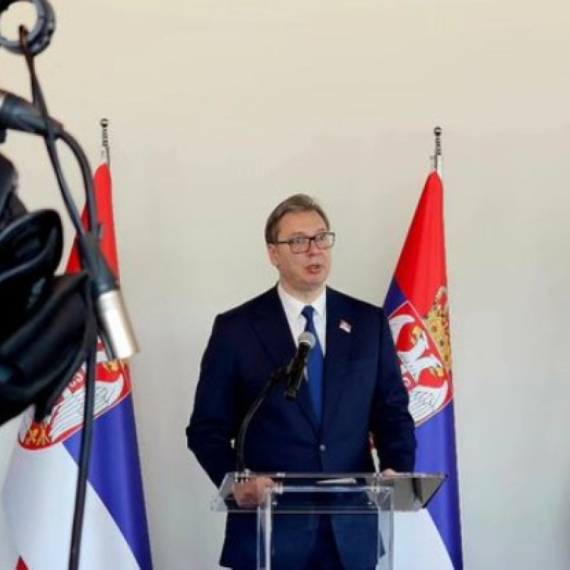
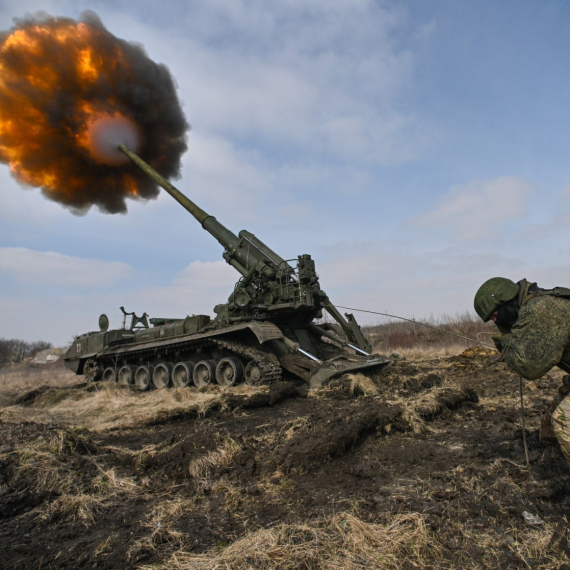
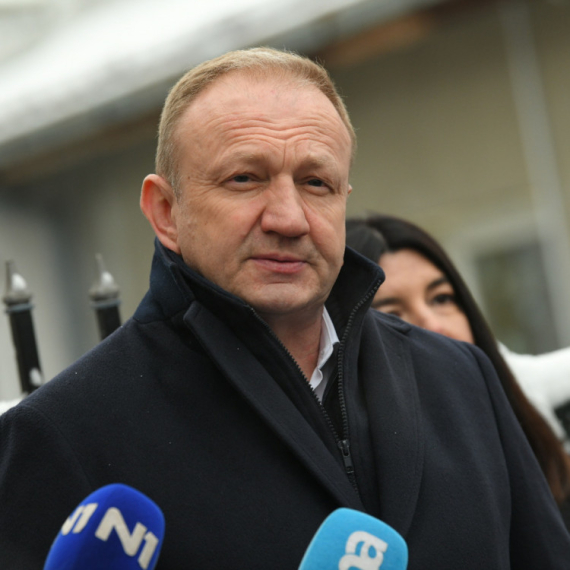
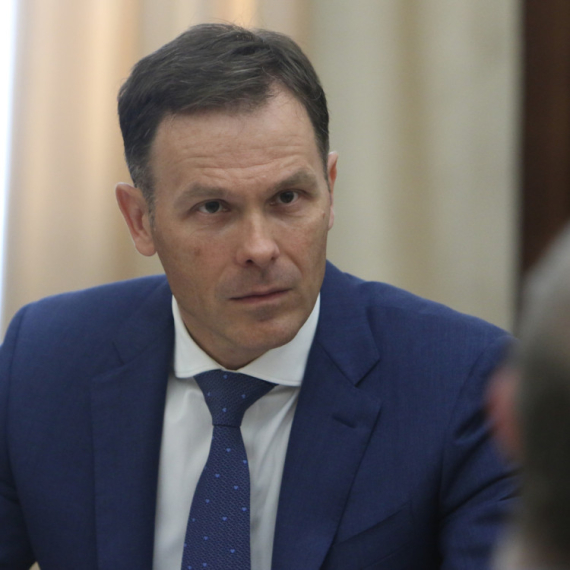





















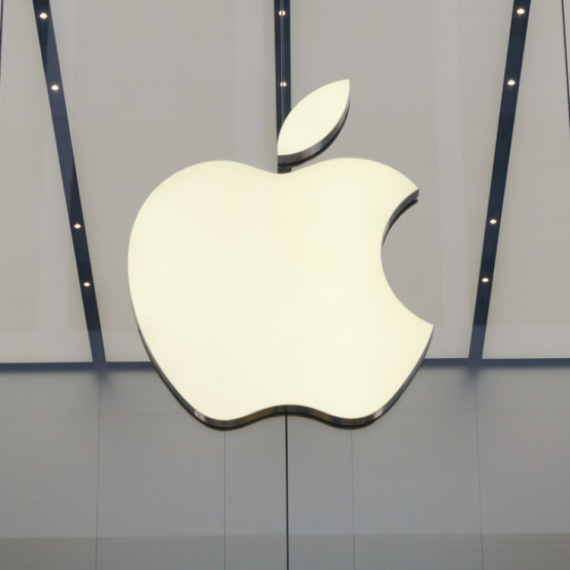







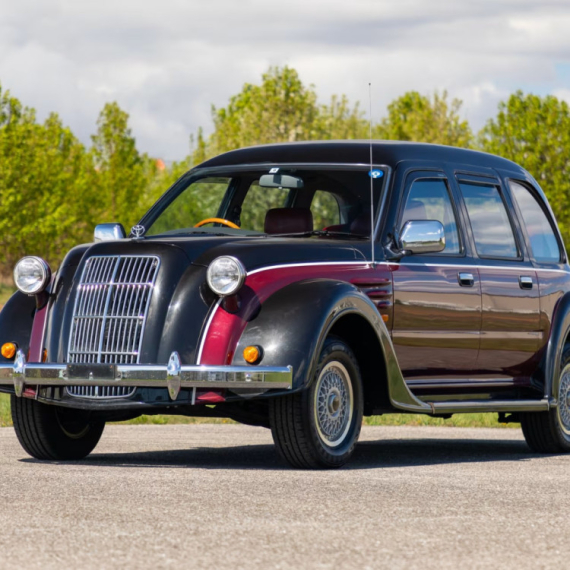






Komentari 1
Pogledaj komentare